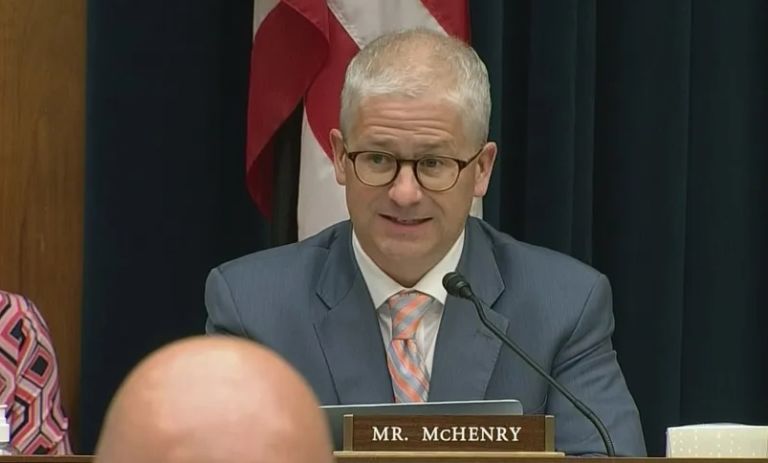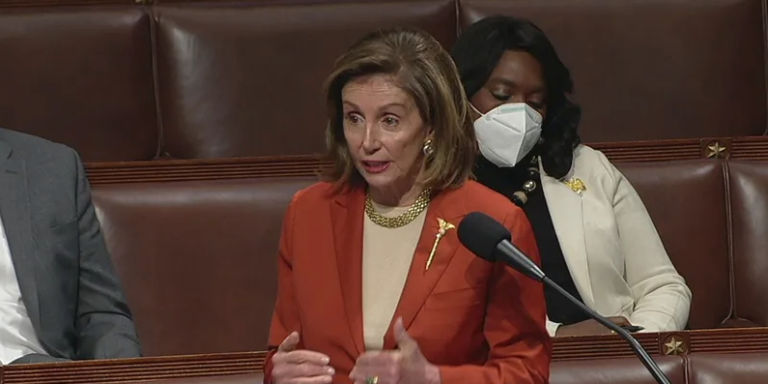Mike Gallagher writes at National Review Online that Congress is refusing to do its job properly.
Emergency powers, we are always told, will be reserved only for emergencies. During earlier stages of the pandemic, the House of Representatives considered a landmark rules change to allow members to vote “by proxy” (i.e., a member physically present in the House chamber voting on behalf of a member not present). House Democratic leadership was clear at the time: “The changes that we are talking about here aren’t permanent. . . . These are temporary, to be used only during this pandemic. Once it is over, we go back to working side by side and in person.”
Skeptical of this claim, Republicans united in opposition to the proposal. Not a single Republican voted in favor of House speaker Nancy Pelosi’s proxy scheme, and in fact, 161 Republicans — nearly 82 percent of the conference in the 116th Congress — joined a lawsuit filed by Republican leader Kevin McCarthy arguing against the constitutionality of proxy voting. Our skepticism has proven warranted. Proxy voting was set to terminate after 45 days, but Speaker Pelosi extended the practice through the end of the 116th Congress, and it was again permitted by the rules governing the 117th Congress. But both constitutional and practical concerns should bring an end to a practice that has outlived its emergency usefulness, and now threatens to contribute to congressional weakness.
Some of the problems with proxy voting are constitutional. One of our several concerns includes the fact that lawmakers cannot be counted “present” during official House business if they are not physically in the Capitol. Another defect of proxy voting is that designating a proxy constitutes an unconstitutional delegation of voting power to another member. As my colleagues and I argued in the lawsuit, “the Congress of the United States has never before flinched from its constitutional duty to assemble at the Nation’s Capital and conduct the People’s business in times of national peril and crisis. So it was for more than two centuries. Until now.”


